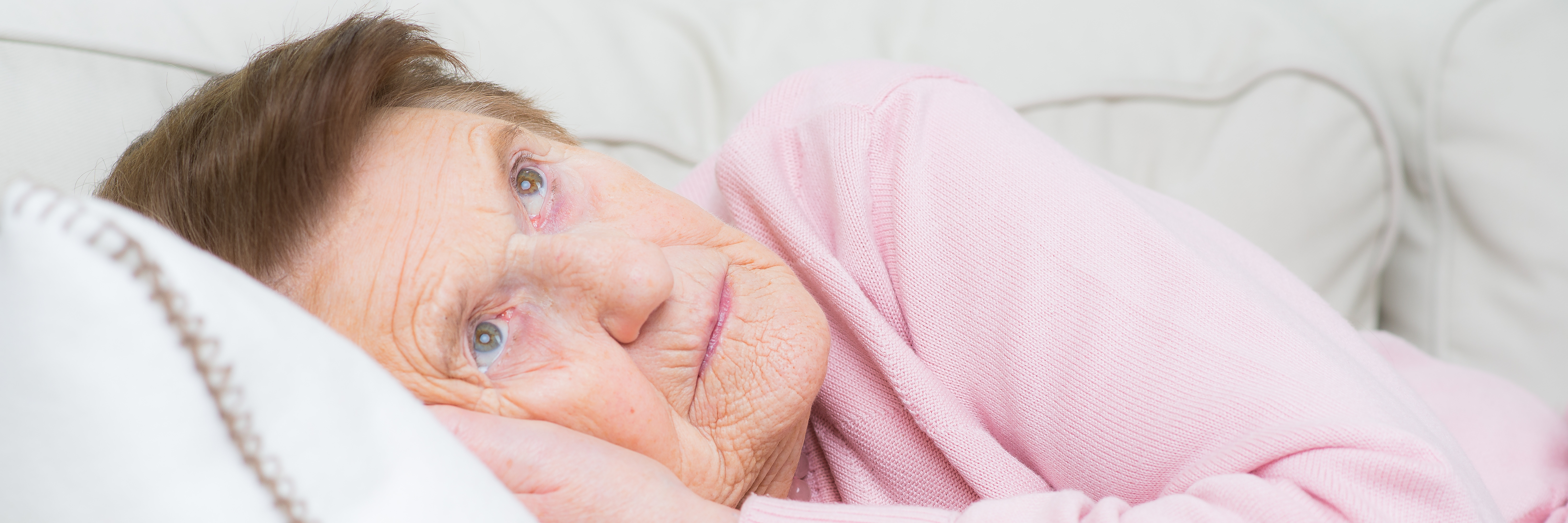
Have you ever visited a community only to be bombarded by noise, alarms sounding, call lights beeping and overhead paging? It can be very stressful can’t it? So, let’s talk about alarms and why we use them! I remember years ago, prior to the creation of tab alarms, etc. when we went to a store called “Radio Shack” and purchased alarms to attach to resident chairs/beds to alert us when the resident attempted to rise. These alarms were intended to be used by runners, sportsmen, etc. who may be in the wilderness and need help. So imagine the decibel of sound that was emitted from these alarms, it was deafening! Then someone took pity on us and invented the resident care alarms with a lower decibel but noise just the same!
Although as providers we have been talking about this for years, CMS is now asking the questions! Does it mean that there will be flags during survey regarding the use of alarms? Maybe not, however it is of interest that the new MDS changes the title of section P from “Restraints” to “Restraints and Alarms”. They have left P0100 for restraints but have added P0200 strictly for documenting on alarms. In my personal experience, these subtle changes often lead to increased scrutiny, almost like an unspoken message to “pay attention”!
Although not formally outlined yet, this may be a part of an effort to track the use of alarms by CMS and is likely an early part of an initiative to eliminate alarms, similar to the tracking of restraints that encouraged the reduction in their use. This initiative will reflect new requirements in the SOM that call for a “homelike environment” (F252 Safe Environment). Think about it, it isn’t “homelike” if you have alarms sounding all day!
So what are we to do? It may be a prudent idea to take a look at what your current practice is regarding alarm use. Not so much what your policy says, but what is your staff actually doing! Because alarms have historically been viewed as “harmless” and “not a restraint” we tend to allow free access to them. Maybe it is time to do a little investigation, look at how many falls occurred in the past three months when an alarm was sounding versus how many falls were prevented when staff were able to respond to an alarm sounding. I’m not an expert but if I had to guess the number of falls with an alarm sounding, it is probably higher than the number of falls prevented due to an alarm sounding. It might also be telling to engage an alarm on a door/stairwell that is not frequently used and see if staff respond. I was in a center, engaged the door alarm and not one staff member responded. When asked why no staff responded, several staff members said they didn’t know what the alarm was, they had never heard it before. A little scary right?
Now take a look at your wanderguard use. The good news is that we are not nearly as dependent on these devices as we were in previous years. We have become much more sophisticated with our assessment protocols and elopement prevention interventions however it is still an area included on the new MDS section P0200 so it is worth looking at!
Bottom line is that each resident has a right to quality of life and if alarms are sounding unnecessarily it impacts their overall health. There are many studies that indicate alarms do not
prevent falls and indeed some studies indicate that the alarm sounding may actually cause a fall. There are many opportunities to identify fall prevention interventions that are resident specific including height appropriate bed, sleep hygiene, stimulating activity programs, incontinence management, colored toilet seats in bathrooms (for contrast), automatic lighting in bathrooms, etc.
Discuss alarm use at your next QAPI committee meeting. Review the data with your team and talk about innovative ways to decrease the use of alarms. If you aren’t currently using QAR you might consider taking a look, it may assist you in your efforts to improve outcomes! Remember, start slow and steady and make it clear that a “it won’t work” or “we tried that before” attitudes should be checked at the door! Have fun with it and if you need assistance be sure to reach out to your HealthCap partner for assistance!
